Organisation
Assembly of First Nations / National Congress of American Indians
Description
Science is clear on the devastating impacts of failing to keep global warming below 1.5 degrees Celsius. Nonetheless, current emissions reductions targets among states are woefully inadequate if we are to meet the promises of the Paris Agreement. Considering this inaction, Indigenous Peoples, and their representative organizations, have been taking matters into their own hands and declaring climate emergencies. For example, First Nations in Canada passed a resolution endorsing the Assembly of First Nations (AFN) National Climate Strategy, reaffirming the declaration of a climate emergency for our lands, waters, animals, and peoples. Similarly, tribal leaders at the National Congress of American Indians (NCAI) declared a climate emergency and called on the development of a congressional, executive branch, and international tribal climate crisis action strategy. In this session, leaders from the NCAI and the AFN will describe these processes and what it means to declare an Indigenous climate emergency. The discussion will open with an introductory presentation by the three panelists, Former President Sharp, Regional Chief Picard, and Elder Lorraine Netro. This will be followed by a moderated discussion by Marie-Philippe Menard.
Speakers
Fawn Sharp, Former President of NCAI
Grand Chief Judy Wilson, Red Hummingbird Woman
Elder Lorraine Netro, member of the AFN Knowledge Keepers Council
Marie Philippe-Menard, member of the AFN National Youth Council
Graeme Reed, Strategic Advisor
Languages
FR - EN

